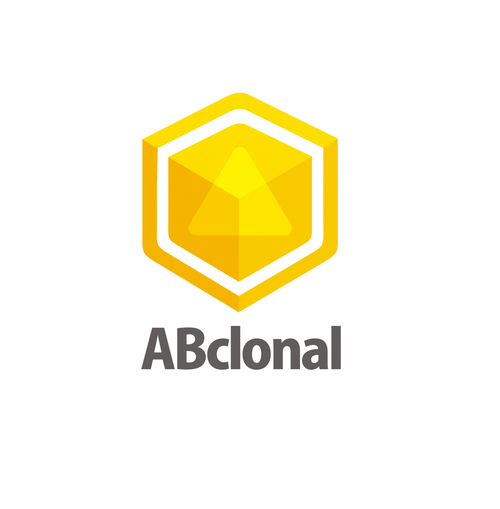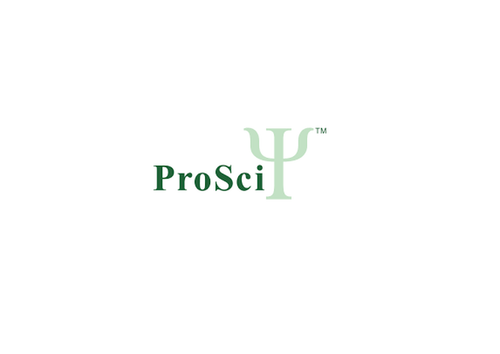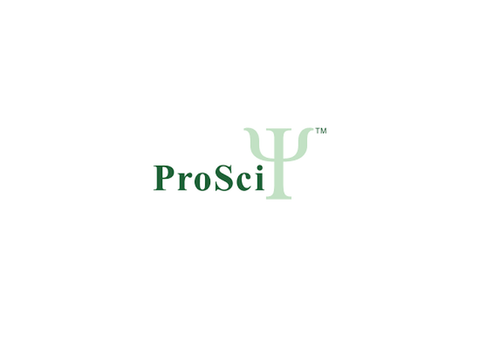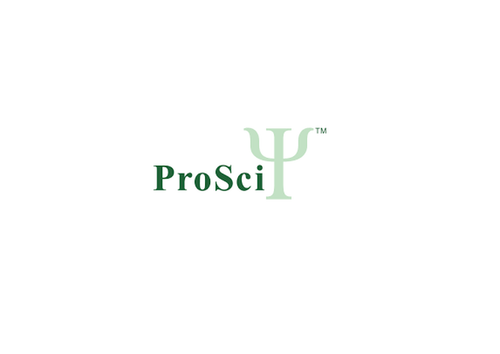Product Description
KCNJ16 Antibody | 25-253 | ProSci
Host: Rabbit
Reactivity: Human
Homology: N/A
Immunogen: Antibody produced in rabbits immunized with a synthetic peptide corresponding a region of human KCNJ16.
Research Area: Membrane
Tested Application: E, WB
Application: KCNJ16 antibody can be used for detection of KCNJ16 by ELISA at 1:12500. KCNJ16 antibody can be used for detection of KCNJ16 by western blot at 1 μg/mL, and HRP conjugated secondary antibody should be diluted 1:50, 000 - 100, 000.
Specificiy: N/A
Positive Control 1: 721_B Cell Lysate
Positive Control 2: N/A
Positive Control 3: N/A
Positive Control 4: N/A
Positive Control 5: N/A
Positive Control 6: N/A
Molecular Weight: 48 kDa
Validation: N/A
Isoform: N/A
Purification: Antibody is purified by peptide affinity chromatography method.
Clonality: Polyclonal
Clone: N/A
Isotype: N/A
Conjugate: Unconjugated
Physical State: Liquid
Buffer: Purified antibody supplied in 1x PBS buffer with 0.09% (w/v) sodium azide and 2% sucrose.
Concentration: batch dependent
Storage Condition: For short periods of storage (days) store at 4˚C. For longer periods of storage, store KCNJ16 antibody at -20˚C. As with any antibody avoid repeat freeze-thaw cycles.
Alternate Name: KCNJ16, BIR9, KIR5.1, MGC33717
User Note: Optimal dilutions for each application to be determined by the researcher.
BACKGROUND: Potassium channels are present in most mammalian cells, where they participate in a wide range of physiologic responses. KCNJ16 is an integral membrane protein and inward-rectifier type potassium channel. KCNJ16, which has a greater tendency to allow potassium to flow into a cell rather than out of a cell, can form heterodimers with two other inward-rectifier type potassium channels. It may be involved in the regulation of fluid and pH balance.Potassium channels are present in most mammalian cells, where they participate in a wide range of physiologic responses. The protein encoded by this gene is an integral membrane protein and inward-rectifier type potassium channel. The encoded protein, which has a greater tendency to allow potassium to flow into a cell rather than out of a cell, can form heterodimers with two other inward-rectifier type potassium channels. It may be involved in the regulation of fluid and pH balance. Three transcript variants encoding the same protein have been found for this gene.
 Euro
Euro
 USD
USD
 British Pound
British Pound
 NULL
NULL









![KCNJ16 Antibody (Center) [AMM06107G] KCNJ16 Antibody (Center) [AMM06107G]](https://cdn11.bigcommerce.com/s-452hpg8iuh/images/stencil/500x659/products/869506/1161573/logo__92149.1659788186__41443.1659865691.png?c=2)




